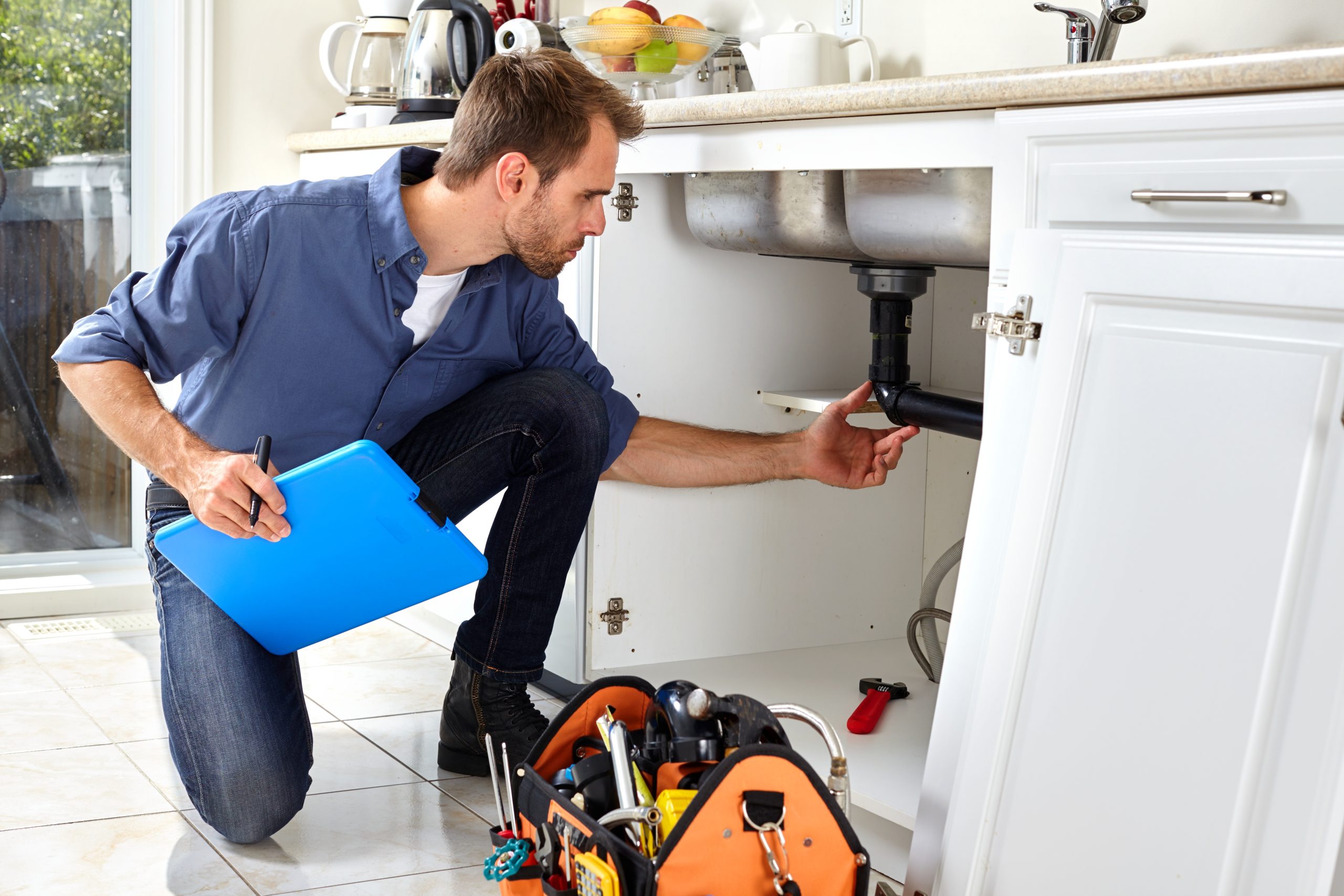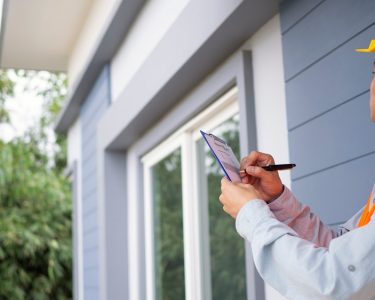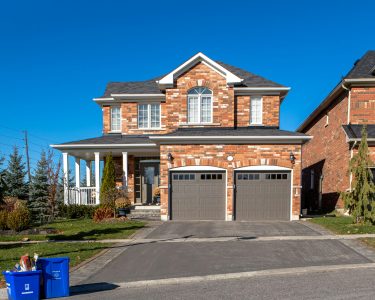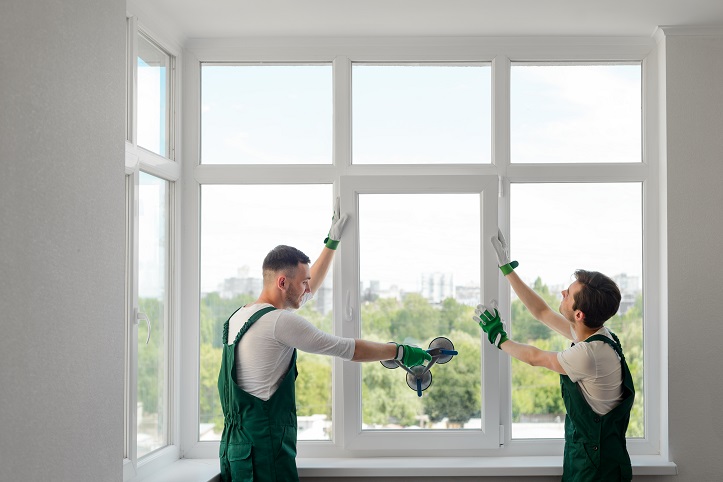Are you house-hunting in New York and think you found your dream place? Has the seller accepted your offer and you’re getting ready to seal the deal and move into your forever home? Before you take the keys to your new place and sign on the dotted line, you need to make sure your future place of living is in tip-top shape- you need a proper New York home inspection!
To begin with, let’s define a home inspection in NYC and explore its associated costs. A professional home inspection involves a licensed inspector who utilizes a home inspection checklist to thoroughly examine your future residence. During this process, the inspector will search for any mechanical, structural, or electrical flaws, essentially providing an x-ray of the property. The primary goal of this inspection is to identify any defects and potential issues.
On the surface, your new home may look perfectly fine. When it comes to home buying, it’s not always feasible to personally inspect every aspect of the property, from its foundation to its plumbing. While some may have DIY skills, most do not possess the expertise required for a thorough assessment. For instance, determining whether the wiring is up to code can be a daunting task.
This is where a professional home inspection comes into play. By hiring a licensed home inspector, you can rest assured that your future home will be scrutinized for potential issues. The inspector will examine various elements, including the foundation, structure, fixtures, plumbing, electricity, appliances, and more.
For example, the foundation may have cracks, the plumbing could be outdated, or the dishwasher might be malfunctioning. Any issues uncovered by the inspector provide vital information that can aid in negotiation with the seller. Depending on the severity of the problems, you may request that the seller rectify them, or reconsider purchasing the property altogether.
In summary, obtaining a professional home inspection is a crucial step in the home-buying process. Without a thorough inspection, it can be challenging to make an informed decision about purchasing a home.
What is a Home Inspection in New York?
The purpose of a home inspection is to evaluate the overall structure of a house, townhouse, condo, or other place of living. A certified home inspection professional will perform the home inspection- his job is to uncover what is and isn’t up to code in your house and what defects may exist. A home inspector will take a thorough walk through your home and identify any potential problem areas that may need attention before you move in.
What Does a Home Inspector Look For?
A home inspector is responsible for examining various elements of a property to identify potential issues that may need to be addressed. Here are some of the things that a home inspector typically looks for during an inspection:
- Structural issues: The inspector will assess the condition of the foundation, walls, roof, and other structural components of the property to determine if there are any signs of damage, such as cracks or water damage.
- Electrical system: The inspector will evaluate the electrical system to ensure that it is safe and up to code. This may involve checking the wiring, outlets, circuit breaker panel, and other electrical components.
- Plumbing system: The inspector will check the plumbing system to ensure that it is functioning properly and free from leaks or other issues. This may involve examining pipes, drains, water heaters, and other plumbing fixtures.
- HVAC system: The inspector will evaluate the heating, ventilation, and air conditioning (HVAC) system to ensure that it is working efficiently and safely. This may involve examining the furnace, air conditioner, ductwork, and other components.
- Appliances: The inspector will test any included appliances, such as the dishwasher, stove, and refrigerator, to ensure that they are functioning properly.
- Safety hazards: The inspector will look for potential safety hazards throughout the property, such as trip hazards, mold, or the presence of lead paint.
Overall, the inspector’s job is to provide a thorough assessment of the property and identify any potential issues that may impact the home’s safety, functionality, or value. The results of the inspection can help buyers make an informed decision about purchasing the property, and sellers can use the information to address any issues before putting their home on the market.
Are Home Inspections Mandatory in New York?
Home inspections are not mandatory by law in New York. However, home inspections are a common and recommended practice in the home-buying process in New York and are often required by mortgage lenders. A home inspection can provide valuable information about the condition of a property and any potential issues that may need to be addressed before purchasing the home.
Additionally, there are some local laws in New York City that require specific inspections to be conducted. For example, Local Law 152, which went into effect in 2019, requires periodic inspections of gas piping systems in buildings located in New York City. This law aims to prevent gas leaks, which can lead to fires and other dangerous situations. As a result, home inspections in NYC now often include a thorough examination of gas piping systems.
Overall, while home inspections are not mandatory by law in New York, they are highly recommended to ensure that buyers are aware of any issues with the property they intend to purchase.
What to Expect from a Home Inspection Report
A home inspection report provides a detailed overview of the condition of a property and any potential issues that the home inspector has identified during the inspection process. Here are some of the things you can typically expect to find in a home inspection report:
- Summary: The report will typically start with a summary of the inspector’s findings, highlighting any major issues or safety hazards.
- Detailed descriptions: The report will provide a detailed description of each area of the property that was inspected, including notes on the condition of the structure, electrical system, plumbing system, HVAC system, appliances, and any other relevant components.
- Photographs: The report may include photographs of the property, highlighting any areas of concern.
- Recommendations: The report will typically include recommendations for repairs or maintenance that may be needed to address any issues that were identified.
- Timelines: The report may include timelines for addressing any issues that were identified, such as when repairs should be completed or when certain components may need to be replaced.
- Cost estimates: The report may include cost estimates for repairs or replacements that may be needed, providing buyers with an idea of the potential costs associated with the property.
Overall, a home inspection report provides a comprehensive overview of the condition of a property and any potential issues that may need to be addressed. The report can be a valuable tool for buyers, providing them with the information they need to make an informed decision about purchasing the property and negotiating with the seller to address any issues that were identified.
What Doesn’t a Home Inspection Include?
While a home inspection is a comprehensive evaluation of a property, there are some things that are typically not included in a standard home inspection. Here are some examples of what may not be included:
- Code compliance: While a home inspector may identify issues with the property that do not meet current building codes, they are not responsible for verifying that the property is up to code.
- Pest infestations: Home inspectors may note signs of pests during an inspection, but they are not trained to identify specific types of pests or assess the extent of an infestation. In this case, a separate pest inspection may be necessary.
- Environmental hazards: Home inspectors typically do not test for environmental hazards such as mold, asbestos, or radon. If these types of hazards are a concern, a specialized inspection may be needed.
- Hidden areas: Home inspectors are not able to inspect areas of the property that are hidden or inaccessible, such as inside walls, beneath flooring, or above ceilings.
- Cosmetic issues: While a home inspector may note cosmetic issues with the property, such as peeling paint or outdated fixtures, these issues are not typically considered a part of the inspection report.
It’s important to note that the specific details of a home inspection can vary depending on the inspector and the scope of the inspection. Buyers should consult with their inspector to understand what will be included in the inspection and whether any additional inspections may be necessary.





